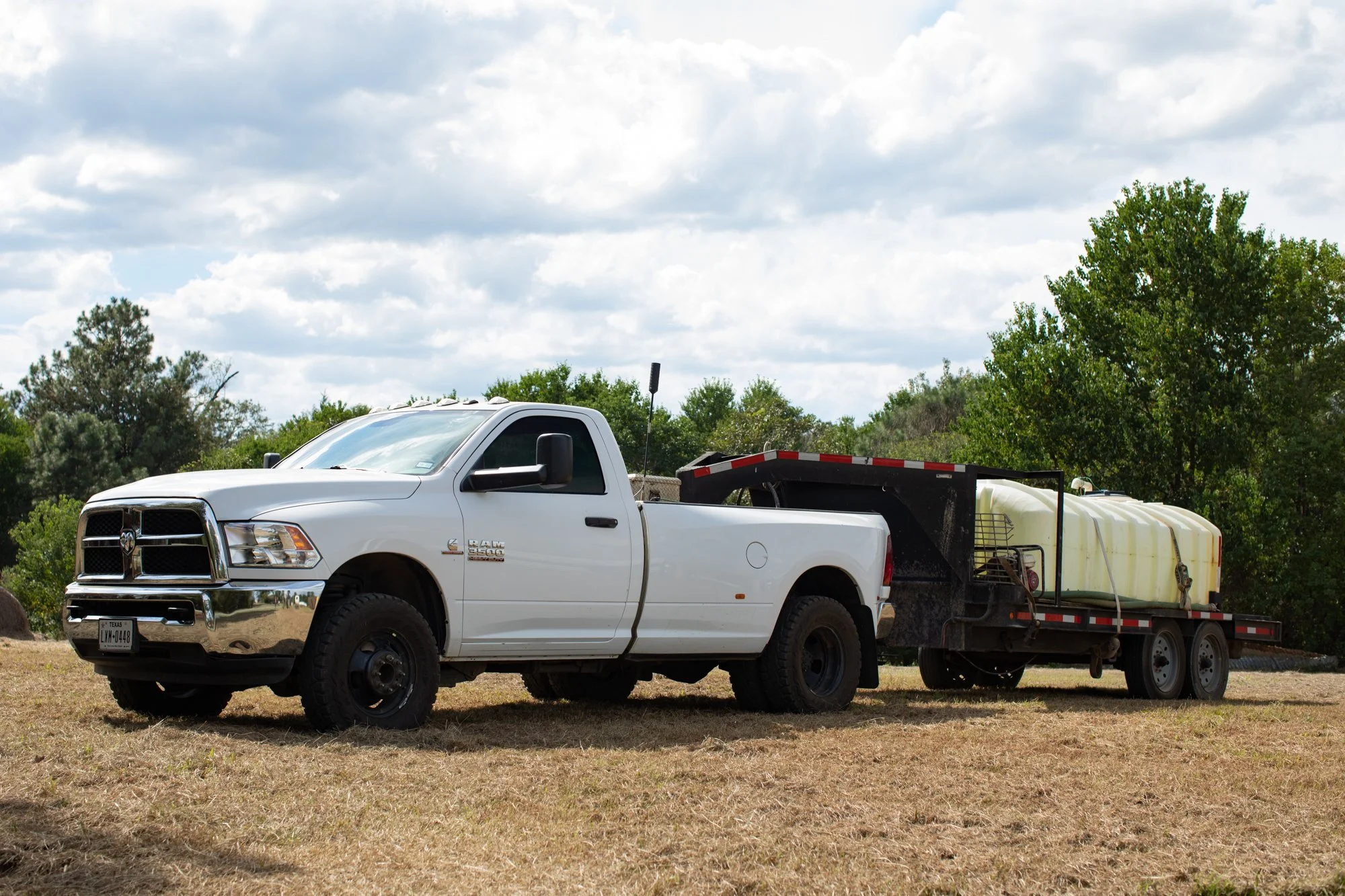Frequently Asked Questions
Why Pixie?
In 2005, when William Prentice and his son Will started this company, the starting investment came from William’s mother / Will’s grandmother. In honor of her and her company Pixie Pets, we adopted the name Pixie Equipment, Inc., though we do business as Pixie Water Wells.
How much does drilling cost?
We try to be competitive in our pricing, but our priority is to provide you a high quality product and service first. However, we know that price can often be the deciding factor unfortunately. Due to rising cost of materials, please call for the most up-to-date costs.
Our drilling cost is an all-inclusive price: it covers all material and construction, including 4.5” SDR 17 casing, grout (from the aquifer to the surface), sand, and 20’ of screen. The pump and pressure system are separate. (We also drill larger diameter wells, as large as 8”. Please contact us for information on these.)
Do you work weekends?
Not usually.
Yet, if you are out of water, please feel free to contact us at any time. We’ll do our best to take care of you as soon as possible. Please be sure to leave a message or send a text message or email. This is especially important on the weekends so that we can be alerted to the emergency situation at hand. If you do not leave a message, we may not respond until the next business day.
Is it okay to drill with pond or ditch water?
No.
Ask yourself: Would you drink that water? If not, then why would you put it in your well? Not only is it wrong, but it is against the law. Texas Department of Licensing and Regulation rules state: “Each licensee shall use potable water in drilling fluids.” [source]
And this makes sense. Putting bacteria in your well is harmful for your health and the health of your family and can lead to contamination of other people’s drinking water.
Pixie Water Wells only uses potable water when drilling.
(Note: All water well drillers and pump installers must be licensed / TDLR License Data Search)
Why should we do a water test before putting a filter on?
We don’t believe in one filter covers everything nor do we want to sell you something you don’t need. A water treatment system needs to be tailored to your water quality issues, some of which you may not even realize and that can even interfere with certain types of treatment. So we always take a water sample and send it off for lab analysis before creating a treatment system. This way, we can stand behind our work.
How long does a pump, pressure tank, or filtration system last?
Submersible pumps are reliable technology. They are typically low maintenance and can last 8-12 years. It’s not unusual to find one that’s been in service for 20 years.
Bladder tanks have a lifespan of 5-10 years and are low maintenance. Glass-lined hydropneumatic tanks (our preference) can last for decades.
Water treatment systems require regular maintenance. They have parts that wear over time and media that needs refreshing. Every 1-3 years you will want someone to check on yours.
Do you take credit cards?
Yes, we do. In addition to cash and check payments, we accept all major credit cards online, in person or over the phone.
